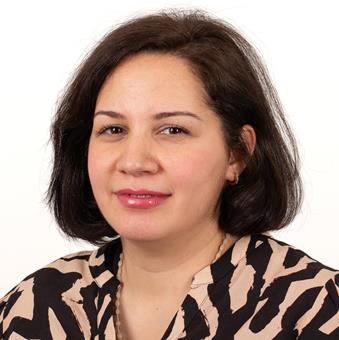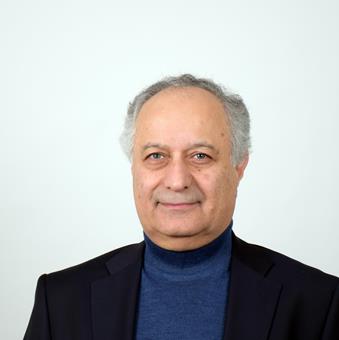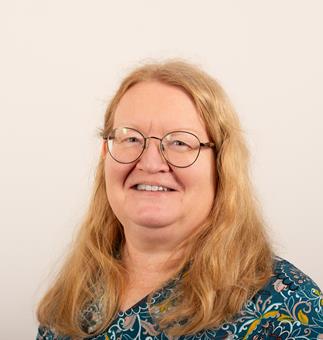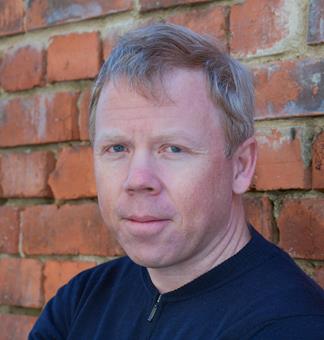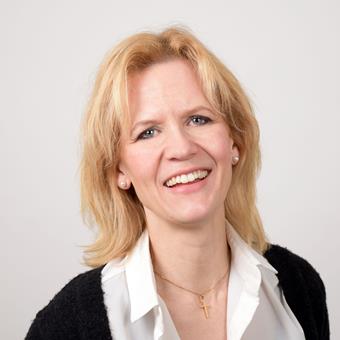The division of Energy Systems was established in 1980 and has since then worked to develop sustainable energy systems. We study the entire field from conversion and distribution to final use of energy. The research activities are divided in two areas:
- Sustainable built environment
- Industrial energy systems
The division conducts research, not only in the area of purely technical measures, but also to propose theories for strategic decision and management systems that are crucial for the continuous efforts to improve efficiency and that the proper measures are implemented. Measures taken in industry, in buildings and the built environment affect resource efficiency on all system levels. The research therefore also includes the interaction between the society (such as cities and regions) level and efficiency measures in industry and built environment. We also educate and retrain bachelors, masters, licentiates and doctors with broad expertise in the energy sector.
We are working closely with industry and the public sector. The division of Energy Systems has so far published 51 academic theses and several hundred scientific articles in international journals.













